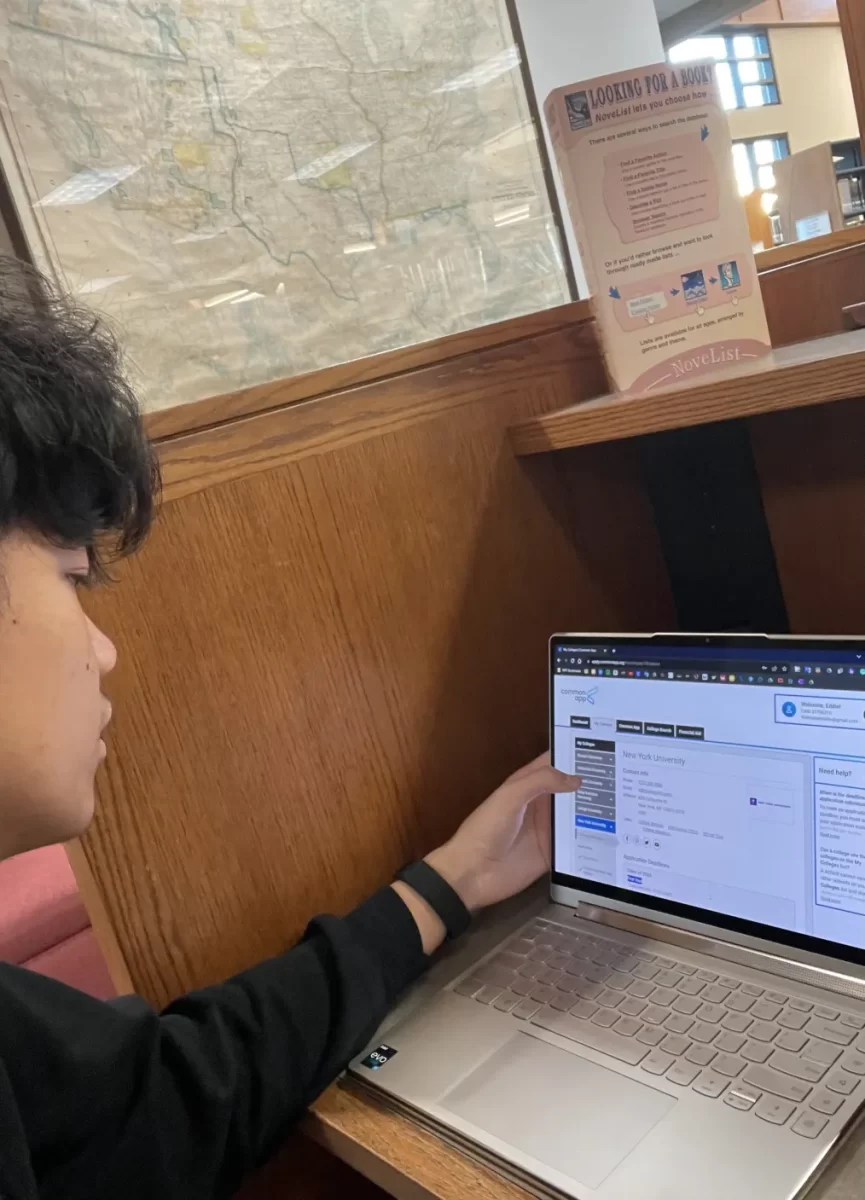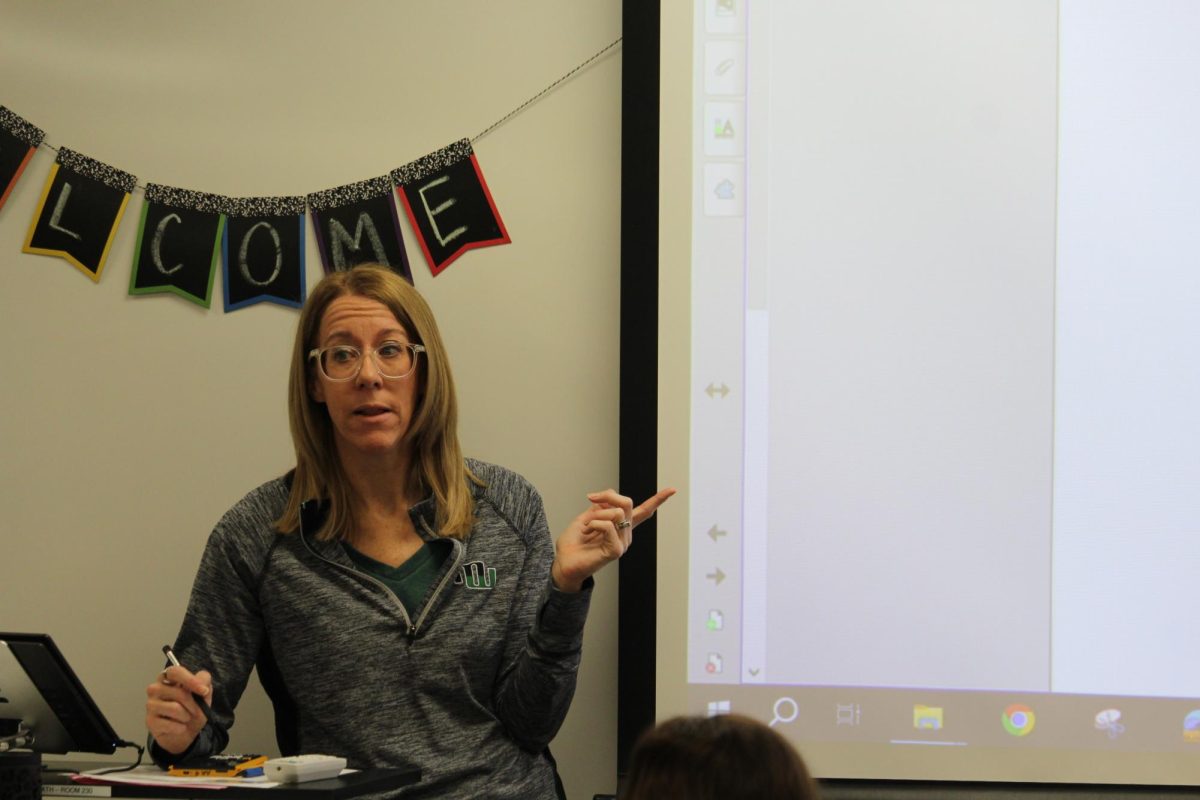The journey to college marks a pivotal transition in a student’s life, brimming with potential yet often clouded by complexity. Understanding the college application process is the first step towards demystifying this path. It involves more than just filling out forms; it’s about presenting oneself holistically to potential colleges. This journey demands careful planning, self-reflection and strategic execution, turning what seems like a daunting task into a manageable endeavor.
Central to the application process for many students is the Common Application, a platform that simplifies applying to multiple colleges. This convenience is pivotal in reducing the workload for students, allowing them to focus on the quality of their application rather than managing numerous different forms. The Common App’s wide acceptance among colleges underscores its efficiency in connecting students with institutions, thereby broadening their opportunities. If you are applying to one college or a few colleges, a common application might not be necessary.
“I heard of many good band programs in Nebraska, but after reaching out to many schools, I think Drake University is my best option,” senior Miles Hamill said. “I didn’t need to use the common since I’m only applying to a few universities.”
For students applying to a plethora of colleges, the first step in the Common App involves creating a profile. This section, while straightforward, is crucial as it sets the tone for the rest of the application. By providing personal and contact information, students establish their basic identity for colleges. This fundamental step, though simple, is the foundation upon which the entire application is built.
The Family section of the Common App adds a personal dimension to the application. Here, students detail their family background, offering colleges a glimpse into the environment that has shaped their upbringing. This information can provide context to a student’s achievements and challenges, offering a more rounded view of the applicant. A student can explain extenuating circumstances or other major life events here.
In the Education section, students input information about their high school and academic accomplishments. This section is critically evaluated by admissions committees as it directly reflects a student’s academic preparedness and potential for college-level work. Grades, coursework and class rank, if provided, play a significant role in admissions decisions.
The Activities section of the Common App allows students to highlight their involvement outside the classroom. This section is vital as it showcases a student’s initiative, passions and skills that aren’t reflected in grades. Colleges look for well-rounded individuals and this section provides the space for students to demonstrate their diverse interests and commitments.
“Swimming is one of my biggest interests in school and I want my abilities outside of grades to show in my application,” senior Elisey Kolesnikov-Cherenkov said. “Volunteering and work is also very important to me and I think work should be included in applications if possible.”
The Personal Essay is perhaps the most distinctive element of the Common App. This essay gives students a platform to express their unique voice and story. Colleges seek students who will contribute to their community and the essay offers a peek into the student’s personality, values and aspirations. It’s an opportunity for students to stand out and connect with the admissions committee on a personal level. This is the student’s place to explain circumstances and experiences not yet mentioned. There are 3 writing possibilities in Common App, the personal essay, the COVID-19 essay and the additional essay. Each college might have additional writing prompts as well.
In addition to the Common App, students must gather supplementary materials. This includes official high school transcripts, standardized test scores (if required) and letters of recommendation. Recommendations usually come from teachers or counselors who can vouch for the student’s academic and personal qualities. At Millard West, students request letters from teachers in person and then submit a request through Naviance. Schools also request a Secondary School Report (SSR), which is completed by the high school counselor and includes the student’s transcript and the school profile, so reach out and connect with your counselor as soon as possible.
Students should also prepare to report their awards and recognitions, which can range from academic honors to community service awards. This information adds value to the application by showcasing the student’s achievements and dedication. The college application process is also a time for self-reflection and exploration. Students should consider what they want from their college experience, including the type of institution they prefer, the location and the offered programs. Researching colleges, visiting campuses (virtually or in person) and attending college fairs can provide valuable insights.
Staying organized and mindful of deadlines is paramount in the college application process. This involves keeping track of multiple elements like application deadlines, essays, recommendation letters and financial aid applications. An organized approach alleviates stress and ensures that nothing crucial is overlooked or left until the last minute.
“Completing the Common App took a while for me since I was stuck on the essay part, with classes and work going on I don’t have much time to work on it,” senior Albi Del Apa said. “Doing an application alone isn’t easy which is why I had teachers and friends help look over my applications and double-check everything before I submit.”
While applying to college is a multifaceted and demanding process, it’s also a journey of self-discovery and growth. With careful planning, organization and support, students can navigate this process successfully and embark on an exciting new chapter of their educational journey.
Students need to look after their mental and emotional well-being during this period. The pressure of college applications, coupled with regular academic responsibilities, can be overwhelming. Balancing applications with self-care, hobbies and social activities is vital in maintaining a healthy state of mind.













